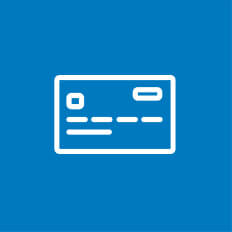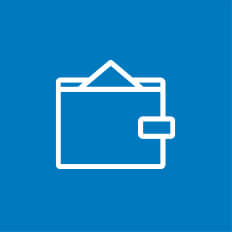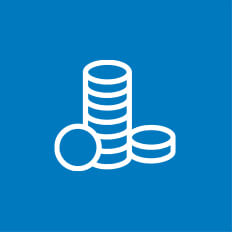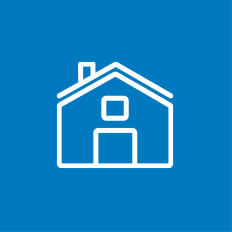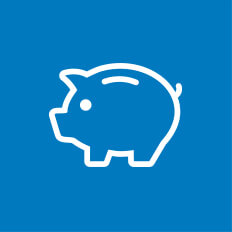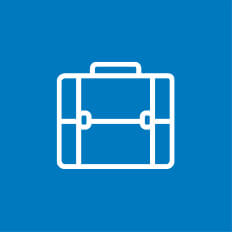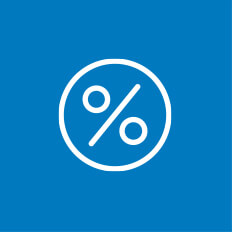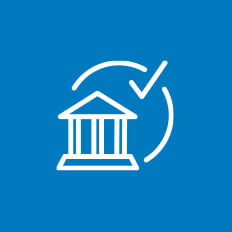Opening a new Swiss bank package is relatively easy. It does not require much more effort than opening a stand-alone private account.
Before terminating your existing bank package, make sure to check if any notice periods apply. If you make withdrawals above the notice-free limit without observing the notice period, you may be charged penalty fees.
If you have standing orders, you will have to cancel these and reinstate them on your new account. If you have direct debit orders, you will have to notify the third-party drawers of the change of account and set up new direct debit orders with your new account.
You also need to give your new bank account details to third parties which may make payments into your account. For example, you should inform your employer, your tax office, your health insurance provider, and other insurance providers. If you rent your home, you should also inform the property managers or owners.
 Deal of the Day
Deal of the Day 

